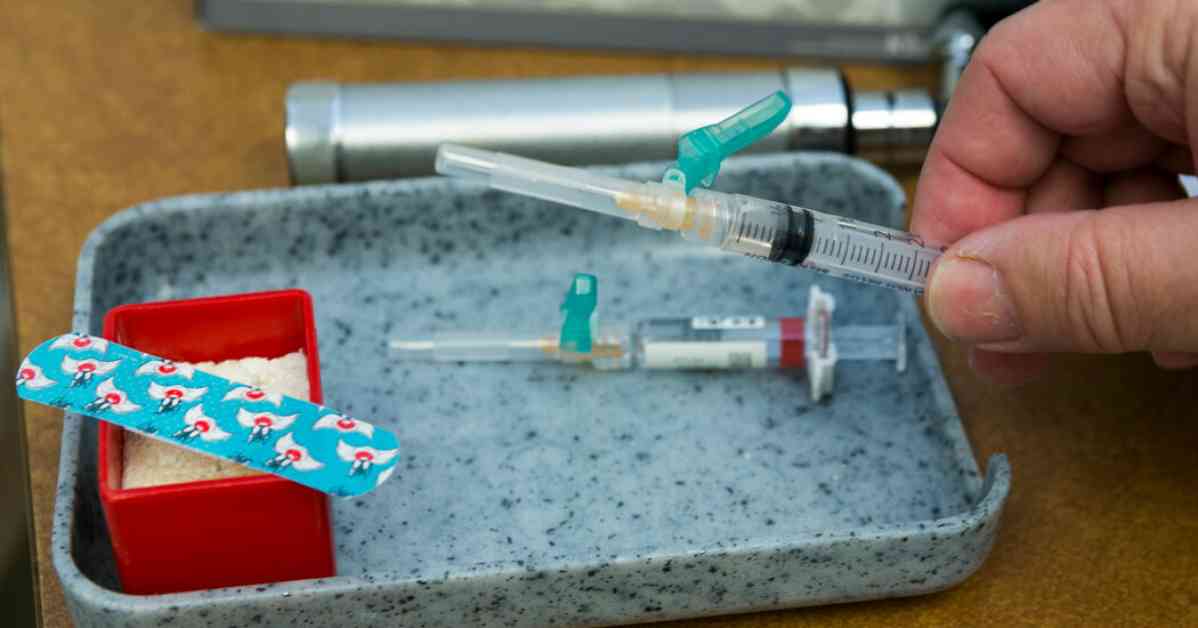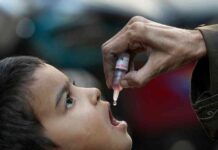Childhood vaccines have proven to be not only life-saving but also cost-effective for the United States. According to a report from the Centers for Disease Control and Prevention, routine immunizations have prevented 1.1 million deaths and saved the country a whopping $540 billion in healthcare costs over the past 30 years.
The estimated impact of routine childhood vaccinations is significant, with approximately 508 million cases of illness, 32 million hospitalizations, and 1,129,000 deaths prevented between 1994 and 2023. This shows the immense value of vaccination programs in safeguarding public health and reducing the burden on healthcare systems.
Health economist William Padula from the University of Southern California highlighted the immediate financial benefits of investing in vaccine programs. He emphasized that the savings generated by preventing infections and related healthcare expenses far outweigh the costs of developing and administering vaccines.
The economic benefits of childhood vaccines extend beyond healthcare savings. In addition to preventing direct medical costs, vaccinations also help avoid indirect economic consequences such as parents missing work to care for sick children or long-term disabilities resulting from vaccine-preventable illnesses.
The report underscores the importance of creating a robust infrastructure to support widespread vaccination efforts. By ensuring access to vaccines and promoting immunization programs, policymakers can not only protect public health but also generate substantial cost savings for the country.
It is crucial to recognize the invaluable role that childhood vaccines play in promoting individual and community well-being. The economic benefits of vaccination programs are clear, demonstrating that investing in preventive healthcare measures can yield significant returns in terms of both financial savings and public health outcomes.
In conclusion, the economic benefits of childhood vaccines are undeniable. By continuing to prioritize immunization efforts and expanding access to vaccines, we can further enhance the health and prosperity of our society while also reducing the economic burden of preventable diseases.

















